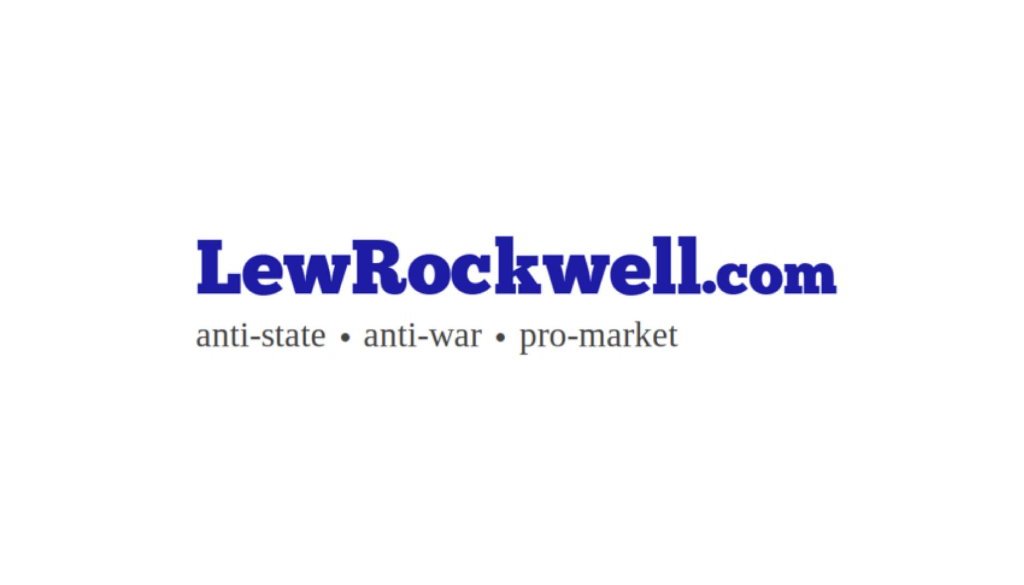The Circumvention of Habeas Corpus
The most profound and ominous aspect of the controversy surrounding the deportation of Kilmar Ábrego García to El Salvador is that the Trump administration has figured out a way to circumvent the right of habeas corpus, not just for foreigners but also for the American people.
Why is that important? Because without habeas corpus, a right that stretches all the way back to Magna Carta in 1215, there is no free society. As British and American legal scholars have maintained for centuries, habeas corpus is the linchpin of a free society.
For example, freedom of speech is a fundamental right that the federal government is prohibited from taking away. Let’s assume that one day, an American citizen castigates President Trump for policies he has adopted. A few days later in the middle of the night, Homeland Security agents bash down his door, take him into custody, and incarcerate him.
That’s where habeas corpus comes into play. The victim, through his lawyer, files a petition for a writ of habeas corpus with a federal judge. The judge issues the writ, which a U.S. Marshal serves on the person who is holding the critic in jail. The writ commands the custodian to immediately produce the critic in court. At the habeas hearing, the judge orders the government to show just cause as to why it is holding the critic. When it fails to do so, the judge orders the immediate release of the critic. The critic walks out of the courtroom a free person.
Thus, it is the right of habeas corpus that enforces the right of freedom of speech and the exercise of other rights. Without habeas corpus, people’s rights become a dead letter.
Article from LewRockwell

LewRockwell.com is a libertarian website that publishes articles, essays, and blog posts advocating for minimal government, free markets, and individual liberty. The site was founded by Lew Rockwell, an American libertarian political commentator, activist, and former congressional staffer. The website often features content that is critical of mainstream politics, state intervention, and foreign policy, among other topics. It is a platform frequently used to disseminate Austrian economics, a school of economic thought that is popular among some libertarians.




